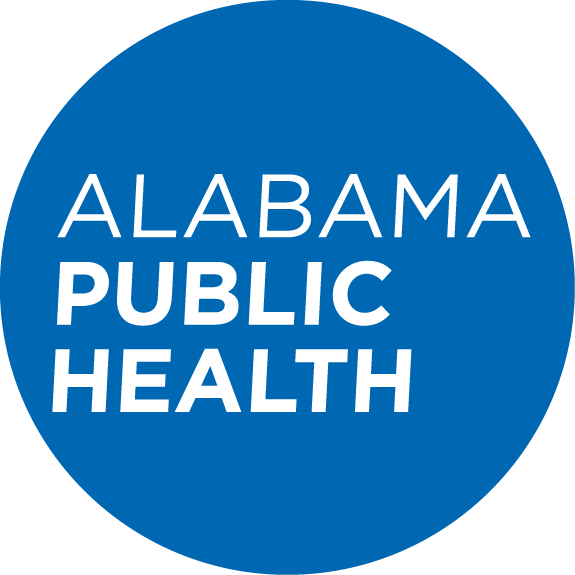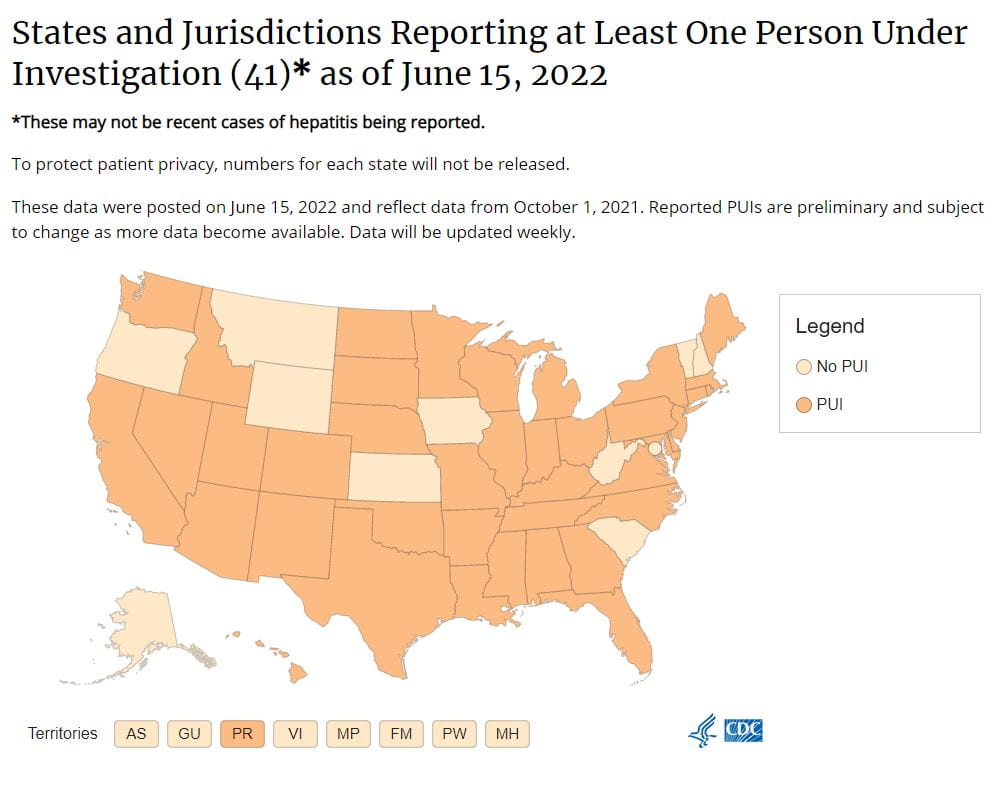This 50-minute session can serve as an educational tool to improve Infection Control strategies that help to prevent and reduce the spread of environmental healthcare associated infections. This session includes strategies to assist in assessing effective hand hygiene, environmental hygiene, and PPE use when used with standard and transmission-based precautions, including potential exposures to blood and body fluids. This webinar is presented by the Alabama Regional Center for Infection Prevention and Control, UAB Long-Term Care Strike Team and cosponsored by the Deep South Center for Occupational Health and Safety.
- Recognize risk factors for healthcare associated infections.
- Identify the role of assessing training, audits, and competency in preventing and controlling healthcare associated infections.
- Describe strategies for assessing the adherence to infection control procedures during hand hygiene, PPE use, and environmental hygiene during training and auditing.
- Discuss the Quality Assurance/Quality Improvement process when providing feedback.
The Deep South Center for OH&S is an approved provider of continuing education units for nurses by the AL Board of Nursing (Provider ABNP0420 Expiration Date 12/22/2025) and has awarded this program 1.0 ABN CEs.













